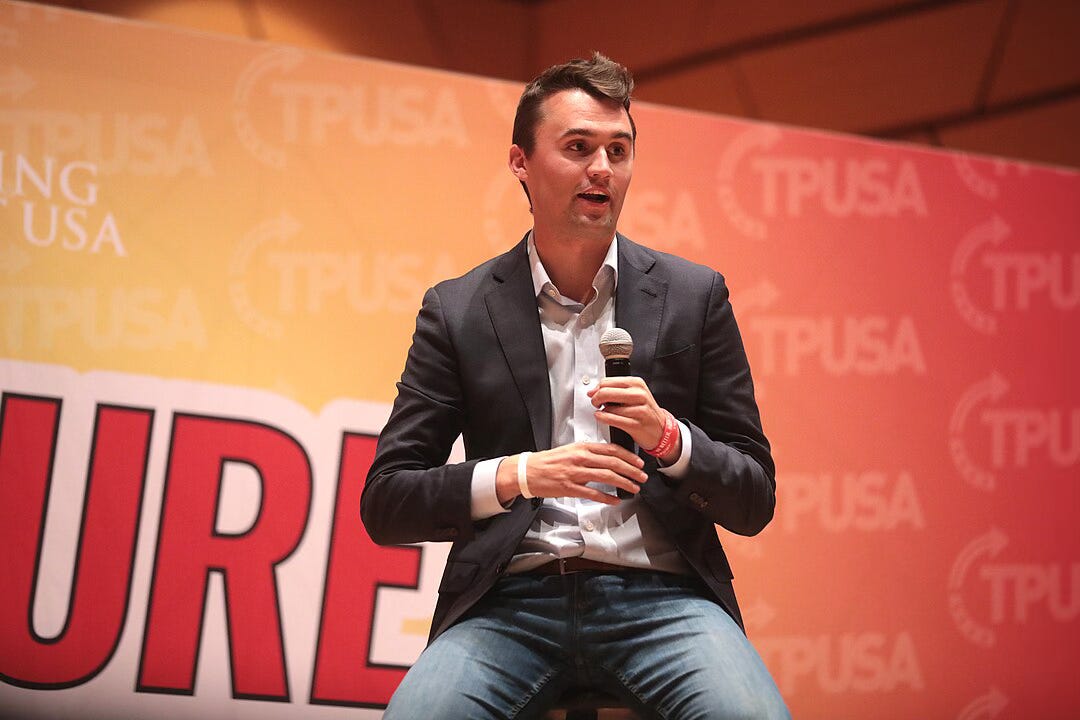No One Deserves to Die for Their Speech
The assassination of Charlie Kirk is a stark reminder that political violence has no place in America.

The assassination of Charlie Kirk is a devastating moment for our country. Regardless of where one stands politically, this act of violence strikes at the foundation of our shared life together as Americans. Political violen…



